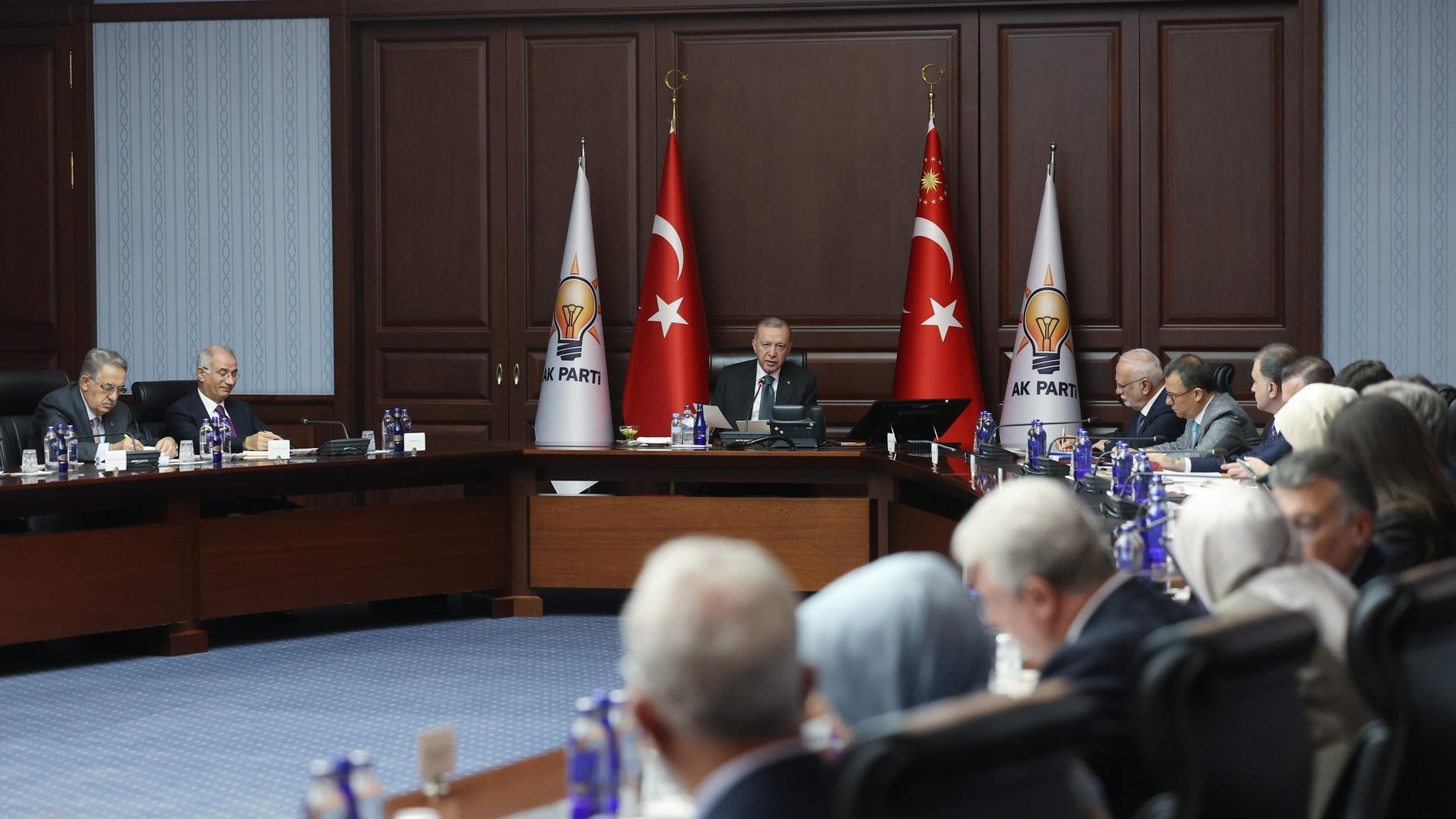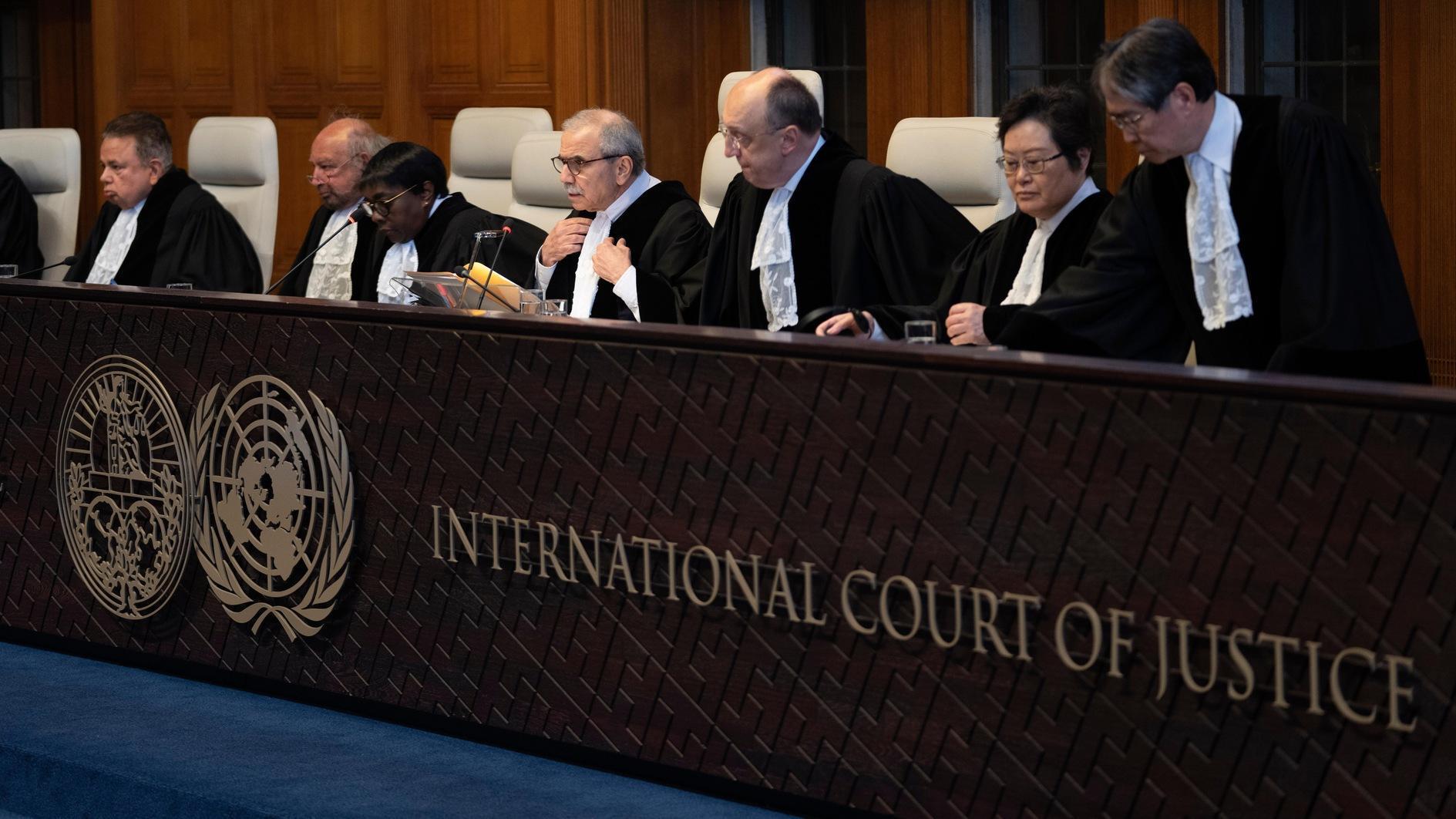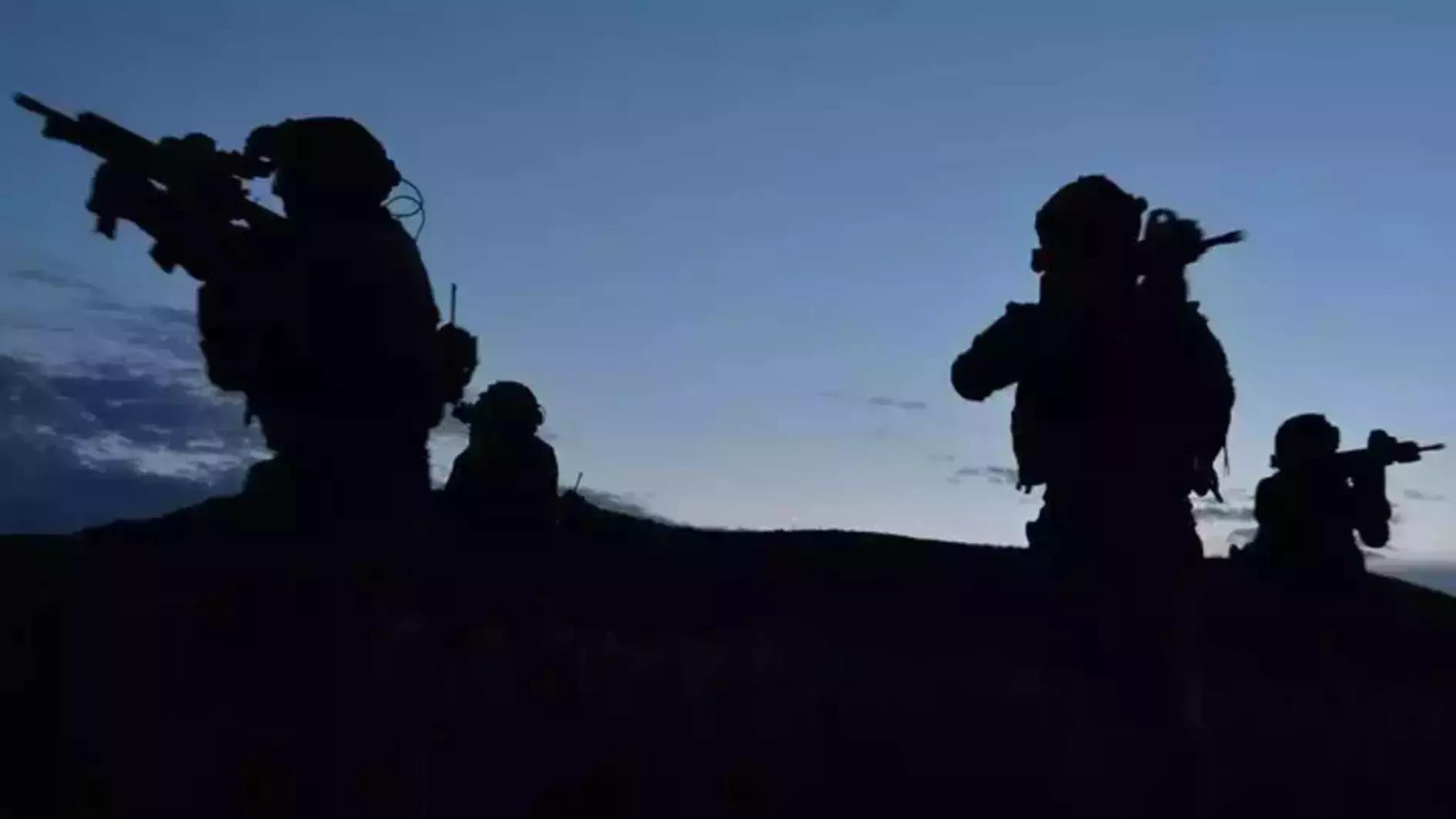Anchoring the alliance
On the eve of the NATO’s Chicago summit May 20 and 21, where world leaders will discuss the war in Afghanistan, defense capabilities and global partnerships, a new Atlantic Council report argues for the enduring importance of NATO, and calls for renewed leadership from the alliance’s members to ensure NATO’s vibrancy in the decade to come.
The report, titled “Anchoring the Alliance,” argues that NATO is a force multiplier for the United States and remains essential to addressing the security challenges of a globalized world. In the report, Richard Nicholas Burns, Atlantic Council Board director, former undersecretary of state, and former U.S. ambassador to NATO, argues that for NATO to remain central in the coming decade, the United States will have to provide strong leadership of the alliance, Europe must maintain its aspirations for global leadership, and the alliance as a whole must strengthen its engagement with global partners.
The report also calls for greater leadership from individual members of the alliance. While all NATO members have unique and essential contributions to make, “the responsibility for NATO’s future vitality falls disproportionately heavily on Turkey, the United States, Germany, France and the United Kingdom, and the steps they now take toward recommitting to the alliance.”
The report outlines ways in which individual members can assert leadership within the alliance. Some highlights include:
Turkey should be considered for leadership roles in the alliance for the first time. Turkey is Europe’s only rising power and its political influence in the Middle East is now greater than that of Germany, France or the United Kingdom. The United States and Europe should consider a Turk as a future NATO Secretary-General. For too long, Turkey has been consigned to NATO’s back bench. That must change. At the same time, Ankara is unwise to block deeper NATO cooperation with both the European Union and Israel, and Prime Minister Recep Tayyip Erdoğan’s government should act more decisively to protect and deepen democratic freedoms and continue efforts to normalize relations with its neighbors. The assault on press freedoms in Turkey, and the government’s arrest of more than 100 generals is deeply worrisome.
The United States should demonstrate its leadership of the transatlantic community by building an economic partnership as strong as its security alliance through a new Transatlantic partnership including all NATO and European Union nations. Germany needs to rededicate its attention to NATO.
NATO needs a much stronger, more strategically ambitious and more capable Germany to remain a healthy alliance. Germany today is an economic powerhouse, but a second-rate military power. It has shown determination during the euro debt crisis, but its lack of political will weakens its military contributions in NATO. The report said Germany must lead with more confidence and strength. German military weakness is NATO’s most significant problem. A stronger Germany would be the greatest boost to NATO’s future.
The United Kingdom’s deep defense reductions risk undermining its special status as one of NATO’s most capable members. The Cameron government must meet its pledge to renew defense investments and should consider deploying the second of the two newly-ordered Queen Elizabeth class aircraft carriers with NATO or the United States after 2018, if it cannot deploy it nationally. France, under the leadership of newly inaugurated President François Hollande, must ensure that its return to NATO’s integrated command structure and its newfound Atlanticist instincts – both legacies of Nicolas Sarkozy – become enduring elements of French strategic culture.
The report also said NATO should continue its effort to work amicably with Moscow on matters of mutual interest, including missile defense, the fight against terrorism and piracy and humanitarian operations, while maintaining the aspiration of a more comprehensive partnership with a more democratic Russia in the longer term.
Atlantic Council is a nonpartisan institution devoted to promoting transatlantic cooperation and international security.
For the full report, click on this link.











